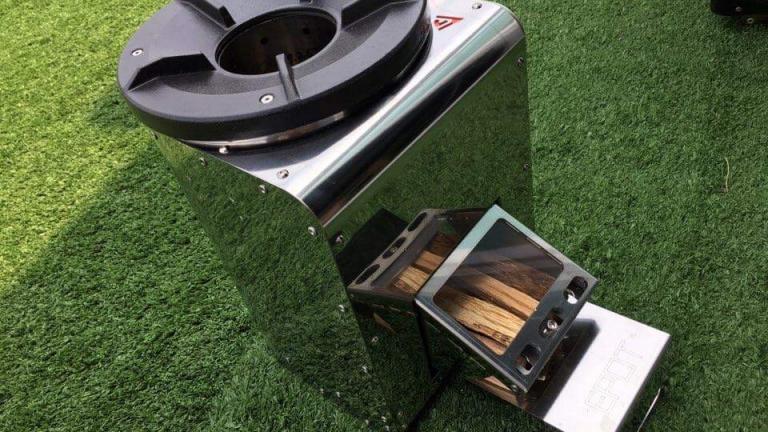
In Nepal, the use of open-fire cooking causes significant health and environmental issues. Environmental engineer, Dharma K.C, partnered with Prativa Bastola and Climate Advocacy International and developed a proposal for the 2018 Energy Supply contest. Their proposal, “Improved Cooking Solutions and development of a climate change mitigation program” focuses on Nepal. They are looking to substitute open fire stoves with environmentally-friendly, multilayered (stainless steel & ceramic) cook stoves in Nepali homes.
Dharma’s inspiration for this project comes from his childhood: “My mother, who is affected with asthma since her late fifties, used to cook foods in traditional stoves using firewood until I was in my undergraduate studies. I also started cooking foods when I was 12 years old.” His family transitioned to a Liquefied Petroleum Gas stove, and he is looking to help other families-- particularly ones in remote villages—make the same transition by providing healthy cooking facilities.

The World Health Organization reports that 8,700 people die each year in Nepal, alone, from indoor air pollution related deaths. Dharma comments, “I still remember those days when I used to have frequent eye irritation, a cough, and allergies, which I later recognized was due to the smoke from the stoves.”
Children and women are disproportionately impacted by these issues because they take on the majority of domestic tasks in Nepali homes. Women also collect the firewood, adding to the gendered nature of issues related to open fire stoves. Dharma states, “my soul always pushes me to assist those women and kids to make their living different than my family’s in the past.”
In addition to the health issues related to open fire stoves, environmental degradation is also a problem. Their use contributes to unsustainable deforestation practices and increased CO2 emissions. Together, with the manufacturing company Ecoeye, Dharma is developing an “Improved Cooking Solution” (ICS) prototype stove called the “E-POT”. This stove is made of stainless steel and ceramic and requires less firewood. The E-POT will help enhance gender equality in Nepali homes, as there is less domestic labor associated with ICS stoves, and fewer safety issues such as fire hazards.

Currently, 75% of the Nepali population uses open fire stoves. To facilitate the transition to ICS stoves Climate Advocacy International will launch and manage the project, and partner with local government organizations and development groups. There will be training sessions to teach people how to use the stoves. In addition to the skill training sessions, there will be curriculum on the significant environmental and health benefits of switching. Dharma comments, “we are now interacting with many local parties, mainly local authorities which can play important roles on distribution of ICS efficiently. We have already discussed this with officials of village councils, and municipalities. We first want to ensure that people are sufficiently aware about the technology and its benefits, and in the meantime, we want to establish a smart supply chain so that the technology later can be distributed efficiently.”
Dharma is excited by the Climate CoLab win, and hopes that his team’s participation will be “fruitful to establish networks with concerned parties.” While the prototype was designed with Nepal in mind, the project has the potential to be implemented in other South Asian nations as well.





